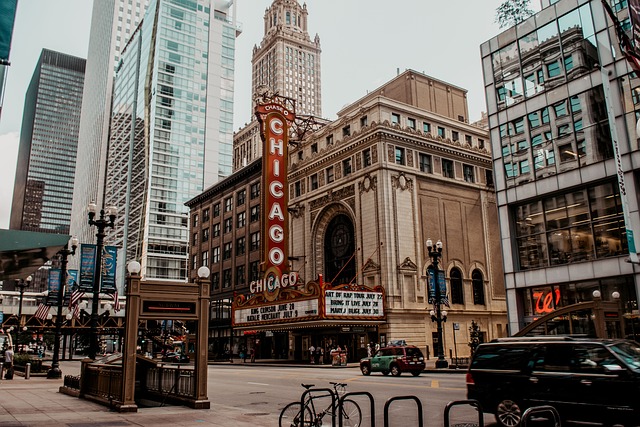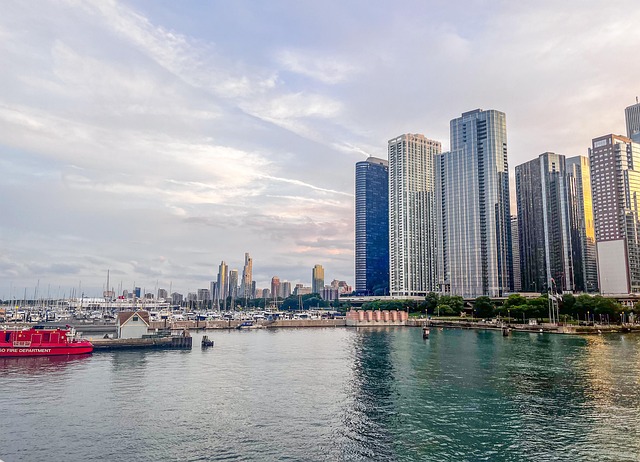Chicago's anti-bullying policies, guided by state law like the Illinois School Code, define bullying as aggressive behavior causing a hostile environment. Schools and child abuse attorneys in Chicago, IL must understand these frameworks to protect students from verbal, physical, and psychological harm. Administrators lead initiatives with staff training, peer support, open communication, and policy updates. Partnering with experienced child abuse attorneys ensures legal compliance, best practices, and effective strategies to safeguard students from bullying and abuse.
Chicago schools take a stand against bullying and child abuse with robust anti-bullying policies. In this article, we explore the city’s commitment to creating safe learning environments. We delve into Illinois’ legislation, offering insights on how schools implement effective strategies to prevent and address bullying. Additionally, we highlight the critical role of child abuse attorneys in supporting schools and ensuring justice for victims. By understanding these measures, Chicago IL residents can be assured their children are protected.
Understanding Chicago's Anti-Bullying Legislation

Chicago, like many cities, has taken significant steps to combat bullying and protect its students through comprehensive anti-bullying policies. These policies are driven by state legislation, such as the Illinois School Code, which outlines clear guidelines for schools to follow. The code defines bullying as any aggressive or intentional behavior that creates a hostile environment, impacting a student’s ability to learn or participate in school activities. This includes verbal, physical, and psychological actions, with a focus on power imbalances between peers.
Understanding these legal frameworks is crucial for both educational institutions and child abuse attorneys in Chicago, IL. Schools are held accountable for addressing bullying incidents, implementing prevention programs, and providing safe learning environments. By adhering to these regulations, Chicago schools aim to foster respect, empathy, and positive interactions among students, ultimately reducing instances of bullying and promoting a healthier, more supportive school culture.
Strategies for School Administrators to Implement Effective Policies

School administrators play a pivotal role in creating and enforcing anti-bullying policies that foster a safe learning environment. To implement effective strategies, they should start by conducting comprehensive training programs for staff and teachers to recognize and address bullying behavior promptly. Encouraging open communication among students through peer support systems and regular assembly sessions can significantly contribute to early detection of potential abuse.
Additionally, administrators must ensure these policies are clearly communicated to all stakeholders, including parents and guardians. Collaboration with local child abuse attorneys in Chicago, IL, can help schools stay updated on legal obligations and best practices for handling such cases discreetly and effectively. Regular reviews and updates to the policies are essential to keep up with evolving bullying trends and maintain a robust safety net for students.
The Role of Child Abuse Attorneys in Supporting Schools

In the effort to create a safe and supportive learning environment, Chicago schools rely on more than just policies; they also benefit from the expertise of child abuse attorneys in Illinois. These legal professionals play a crucial role in educating school administrations and faculty about state laws and best practices for handling cases of bullying and potential child abuse. By collaborating with schools, child abuse attorneys help establish protocols that ensure the well-being of students while adhering to legal guidelines.
They also provide critical support during investigations, offering guidance on gathering evidence, understanding parental rights, and ensuring that all actions taken are in line with the law. Their involvement helps Chicago schools navigate complex legal issues, fostering a culture where prevention and intervention strategies are both effective and compliant, ultimately deterring abuse and bullying incidents.






